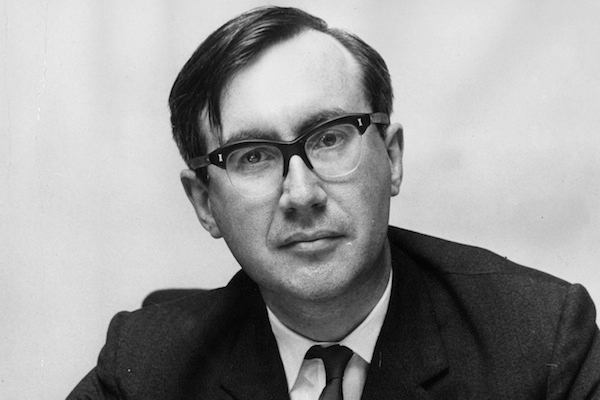At my first-ever Tory party conference, I saw William Rees-Mogg leave a reception and chased him down the corridor like a groupie. I asked him if he had any tips: since college days, I’d marvelled at how he managed to write so clearly, compellingly and accessibly on such a variety of subjects. He had no reason to talk to a nonentity like me, but was kind enough to offer three tips.
He said he took inspiration from Ben Jonson’s essays: the originals, he said, were still the best. Next, he had about six topics on the boil at any one moment. There wasn’t time to properly research a topic and write it up in one day, so he’d spend the week working up topics that were interesting. Having done the research and thought through the arguments, he’d wait for a news peg and then run it. The third tip was that you had to love journalism with all your heart: if you lose the sense of excitement, give up. Almost all of his contemporaries had. But right into his ninth decade, Rees-Mogg was still at it — producing the most thoughtful, elegant and original columns in print.
He had made his fame and fortune, but kept at journalism because he loved it. Inspired, honourable, brilliant — all of these words describe him, but none really do him justice. Right up to the end, he was regarded as a giant of British journalism not because of what he once did but because of what he still did. To reach the top of British journalism required flair and dedication. To stay at the top for five decades requires a kind of genius — and that is what we have now lost.







Comments